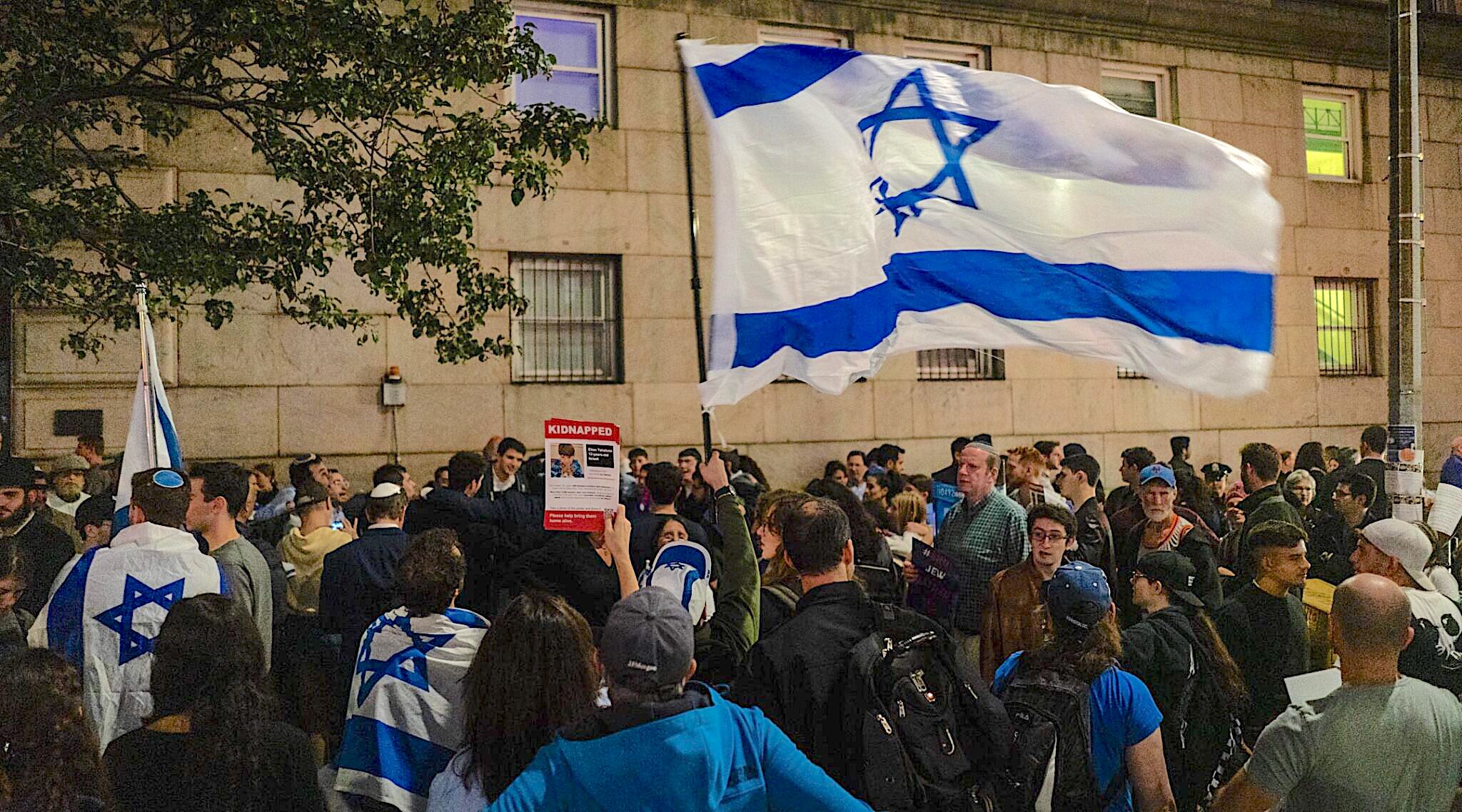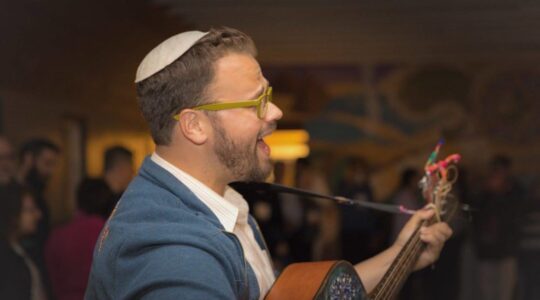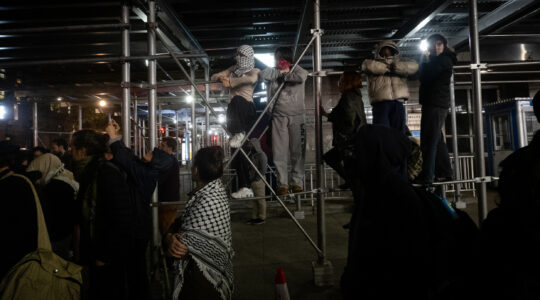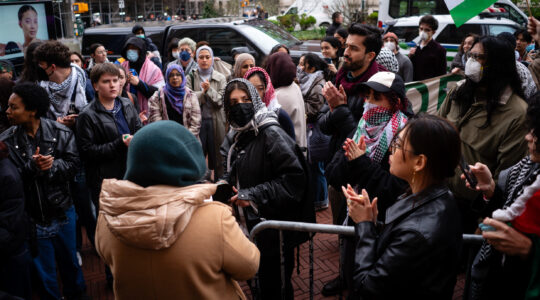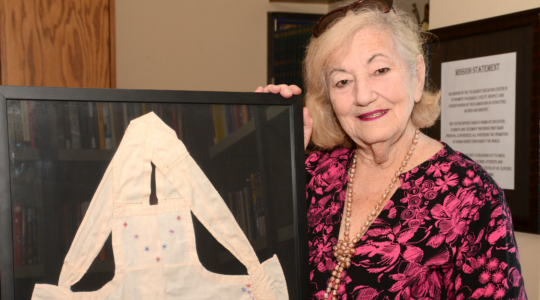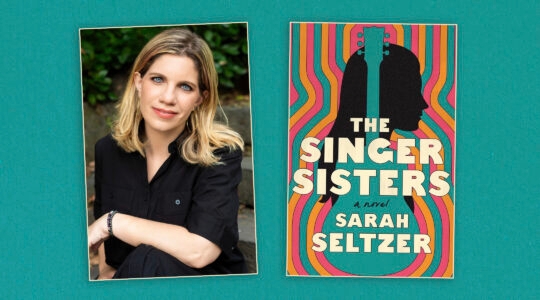(New York Jewish Week) – Shai Davidai, an Israeli assistant professor at Columbia University’s business school, has gained prominence over the past five months for criticizing the university’s response to campus antisemitism. Now, he says the university has placed him under investigation.
Davidai declined to comment on the details of the investigation but said it was being carried out by the university’s Office of Equal Opportunity and Affirmative Action, which responds to allegations of harassment and discrimination on campus.
Davidai broke into public view just weeks after Hamas’ Oct. 7 invasion of Israel triggered widespread anti-Israel protests on college campuses, including at Columbia, when a video of an impassioned speech he gave went viral. Since then, he has emerged as a leading voice criticizing universities for permitting anti-Israel sentiment to flourish and bleed into antisemitism.
Speaking to the New York Jewish Week on Friday, he rejected the idea that he has publicly targeted individual students and protected groups, saying his condemnations are of student organizations.
“Nothing I have done in my advocacy in the past five months has been about any protected class,” he told the New York Jewish Week. “Unless they want to claim that supporting terrorism is a protected class, there’s no grounds for this investigation.”
The New York law firm Kasowitz Benson Torres confirmed that it was representing Davidai in the case and that Columbia was investigating him. The university said it could not comment on personnel matters.
“As a general matter, if the university receives a formal complaint, it will review and consider the complaint under established processes,” a spokesperson told the New York Jewish Week.
Davidai said he intends to fully respect the investigation and cooperate with investigators. But he compared the investigation to the late 19th-century Dreyfus Affair, an infamous antisemitic incident in which a French Jewish officer was falsely accused and convicted of treason.
“I wanted to make it public,” he told the New York Jewish Week. “I really do believe that sunlight is the best disinfectant, and Columbia needs to be clear that many people are invested in this investigation, and they can’t just create some sort of Dreyfus trial in order to get rid of me.”
The investigation of one of the most outspoken critics of Columbia’s response to antisemitism comes as the university has faced blowback for its approach to activism and bigotry surrounding the Israel-Hamas war. It is one of several elite colleges to face scrutiny from students, faculty, donors and government officials over its handling of antisemitism since Hamas’ Oct. 7 invasion of Israel.
At Columbia, an Israeli student was allegedly assaulted on campus in October, and later in the fall, the school suspended two anti-Zionist student groups for unauthorized protests. Now, the university is facing investigations by Congress and the Biden administration as well as lawsuits from Jewish students. This week, a report from the school’s antisemitism task force said that Jewish students were experiencing “isolation and pain.”
On Friday, Davidai publicly announced the investigation on social media, adding that he has repeatedly advocated for Palestinian rights in public statements.
Support the New York Jewish Week
Our nonprofit newsroom depends on readers like you. Make a donation now to support independent Jewish journalism in New York.
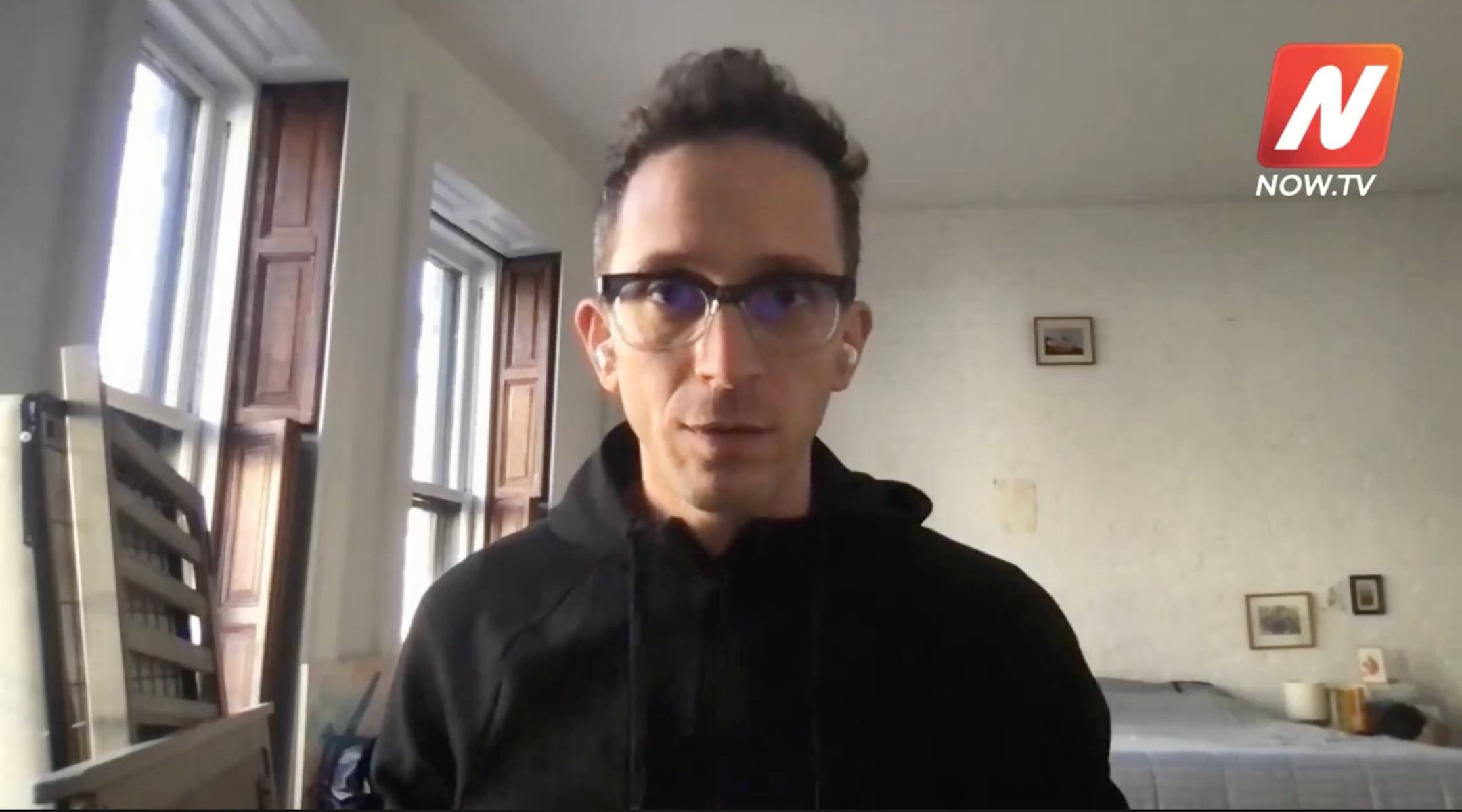
Shai Davidai, in a recent interview. (Screenshot)
Davidai was an early critic of Columbia’s approach to anti-Israel protests after Oct. 7. In the October speech that went viral, Davidai condemned the university for allowing “pro-terror” student demonstrations and told parents that their children on Ivy League campuses were not safe.
“I want you to know one thing: We cannot protect your child,” he said at an outdoor vigil less than two weeks after the Hamas attack. “I’m speaking to you as a dad, and I want you to know, we cannot protect your children from pro-terror student organizations, because the president of Columbia University will not speak out against pro-terror student organizations.”
His advocacy for Jews and Israelis has made him a target on campus and beyond. Last month, a group of graduate student members of the Society of Personality and Social Psychology, an academic association of which Davidai is also a member, demanded that the society sanction him.
The signatories claimed that he “intentionally targeted” vulnerable students, citing online posts in which he called for the continued suspension of the pro-Palestinian groups Students for Justice in Palestine and Jewish Voice for Peace. In one post, above video of an unsanctioned protest, he wrote, “It’s time for expulsions.”
Davidai said he does not speak out against individual students or groups of people but against student organizations.
Davidai’s activism has taken aim at protests where student groups have chanted “globalize the intifada” and “from the river to the sea,” slogans that Israel advocates and antisemitism watchdogs view as calls to violence. Student organizations have also condemned “Zionists” on campus. Columbia student groups have collaborated with the group Within Our Lifetime, New York’s most active and visible pro-Palestinian organization, which endorsed the Oct. 7 attack and whose leadership has explicitly supported Hamas.
He and his wife, the Israeli writer and translator Yardenne Greenspan, have also said that they’ve faced adversity because of their activism outside of Columbia. They wrote in a Tablet essay last month that they have lost friends and faced threats since Oct. 7, even as they favor policies that would be considered squarely left-wing in Israel, including opposition of Israel’s occupation of the West Bank. “For our friends, our refusal to apologize for Israel’s existence simply deemed us intolerable,” they wrote.
Davidai still does not believe the university is taking campus antisemitism seriously. He applauded the antisemitism task force for its report but said he does not think it will be effective. He feels that the body is a cover for the administration to avoid taking concrete steps to protect Jewish students and has declined to speak with it.
“I see the university as using the task force as a fig leaf for lack of action and I refuse to be that,” he said. “I refuse to make kosher the university’s lack of action.”
